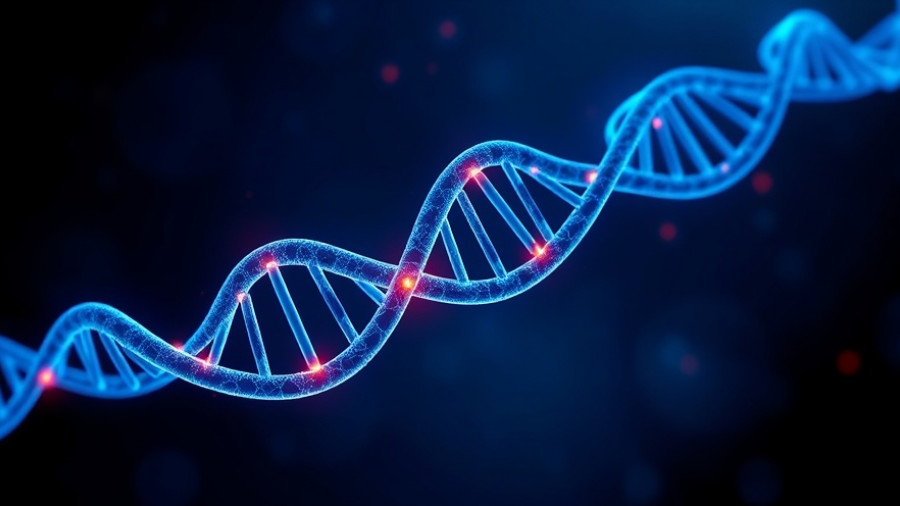
Revolutionizing Cancer Research: Google's DeepSomatic AI
In a significant leap for precision oncology, Google AI Research has introduced DeepSomatic, a cutting-edge machine learning model that identifies genetic variants in cancer cells. This innovative tool was developed through collaboration with the University of California, Santa Cruz, and Children’s Mercy, and aims to address a crucial aspect of cancer treatment – the accurate identification of mutations that may influence treatment plans.
How DeepSomatic Works: A Peek Under the Hood
DeepSomatic leverages convolutional neural networks (CNNs) to recognize differences between inherited variants and those acquired non-hereditarily, which often drive cancer growth. By transforming aligned genetic reads into image-like tensors, DeepSomatic can dissect complex cancer genomes, identifying not only single nucleotide variants (SNVs) but also small insertions and deletions (indels) that other tools may miss.
Stellar Performance Against Traditional Methods
In a recent evaluation, DeepSomatic outshone existing benchmarks such as SomaticSniper and MuTect2, achieving over 90 percent accuracy on indels using Illumina data. With a focus on challenging cancer types like glioblastoma and pediatric leukemia, it demonstrated its capability to recover known mutations and even discover new variants, thus opening the door to potentially novel therapeutic approaches.
Broadening the Scope: Generalization to New Cancer Types
The true strength of DeepSomatic lies not just in its current functionality but in its adaptability to various cancer types. Tests revealed its efficiency in identifying relevant mutations across different kinds of cancers, indicating that the system can generalize beyond the training datasets. This is particularly beneficial in pediatric cases where healthy counterpart samples may not be available for comparison.
A Community Asset for Accelerated Research
In its commitment to advancing cancer research, Google has made DeepSomatic and its accompanying high-quality training dataset available openly to researchers worldwide. This highlights the importance of collaboration in science and paves the way for innovations that can address real-world health challenges.
What’s Next for DeepSomatic?
The potential implications of DeepSomatic are vast. As it becomes integrated into clinical practice, this tool is set to significantly enhance the landscape of cancer treatment – enabling clinicians to tailor treatments based on specific genetic variants found in tumors. This advancement represents a vital step toward personalized medicine and improved patient outcomes.
 Add Row
Add Row  Add
Add 




Write A Comment